Seoul, Nov 16 (V7N/Reuters) – South Korea’s top manufacturers, including Samsung Electronics and Hyundai Motor Group, unveiled plans on Sunday to increase domestic investment, following a U.S. trade deal that raised concerns about potential weakening of local production.
Samsung Electronics announced it will add a new memory chip production line at its Pyeongtaek plant to meet growing global demand, particularly driven by artificial intelligence applications. This expansion forms part of the company’s plan to invest 450 trillion won ($310.79 billion) in South Korea over the next five years. The new P5 plant, the world’s largest chip complex, is scheduled to begin mass production in 2028. Samsung also plans additional infrastructure investments to support the expanded operations.
“With the global AI era entering full scale, we anticipate mid- to long-term growth in memory semiconductor demand. To respond promptly to market changes, we intend to secure production lines in advance,” said Samsung Electronics Chairman Jay Y. Lee. He added that the company aims to create quality jobs for young professionals and support small, medium, and venture enterprises through these investments.
The announcement coincided with a meeting held by South Korean President Lee Jae Myung with the country’s business leaders. Following a trade deal signed last Friday that includes a South Korean commitment to invest $350 billion in strategic sectors in the U.S., President Lee urged companies to consider domestic investments alongside overseas commitments. “There are concerns that domestic investment might shrink as U.S.-bound investments strengthen,” he said, emphasizing coordination with the government for effective use of the U.S. investment package.
Hyundai Motor Group disclosed plans for domestic investments totaling 125.2 trillion won from 2026 to 2030. Additionally, shipbuilders Hanwha Ocean and HD Hyundai revealed their respective domestic investment projects.
The new Samsung memory chip line will cater to traditional and AI server demand. Semiconductor prices have surged amid a global rush to produce AI chips, straining supplies for smartphones, computers, and servers. Samsung reportedly raised certain memory chip prices by up to 60% in November compared to September, reflecting strong market demand.
The P5 plant project had faced delays since late 2023 due to a slowdown in smartphone and PC chip demand and global oversupply. With the resumption of demand driven by AI applications, Samsung is moving to accelerate domestic capacity expansion.
Industry analysts note that these investment commitments signal South Korea’s strategy to balance overseas trade obligations with domestic industrial growth, securing the country’s position as a global semiconductor and automotive hub.
END/WD/SMA/



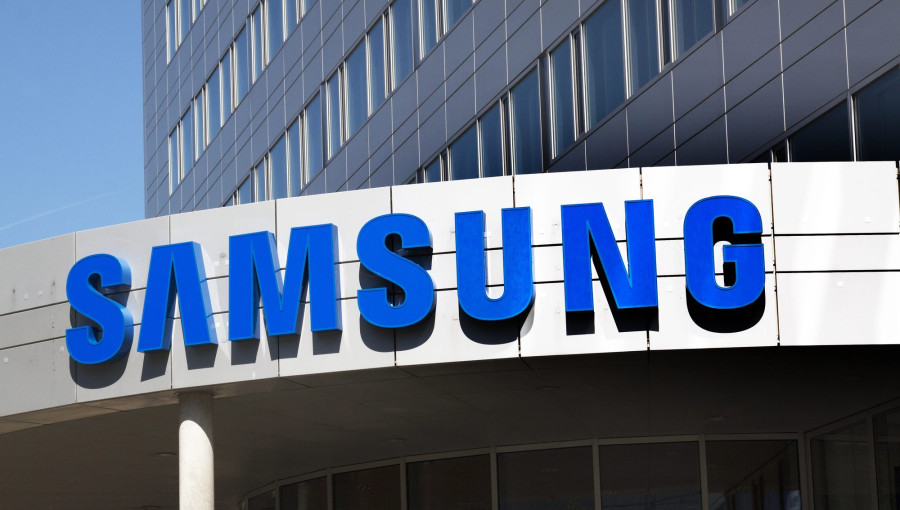





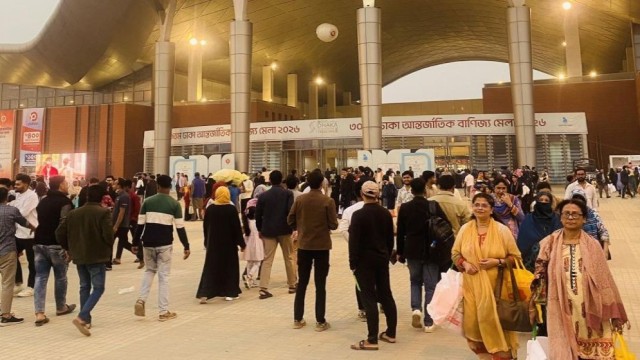


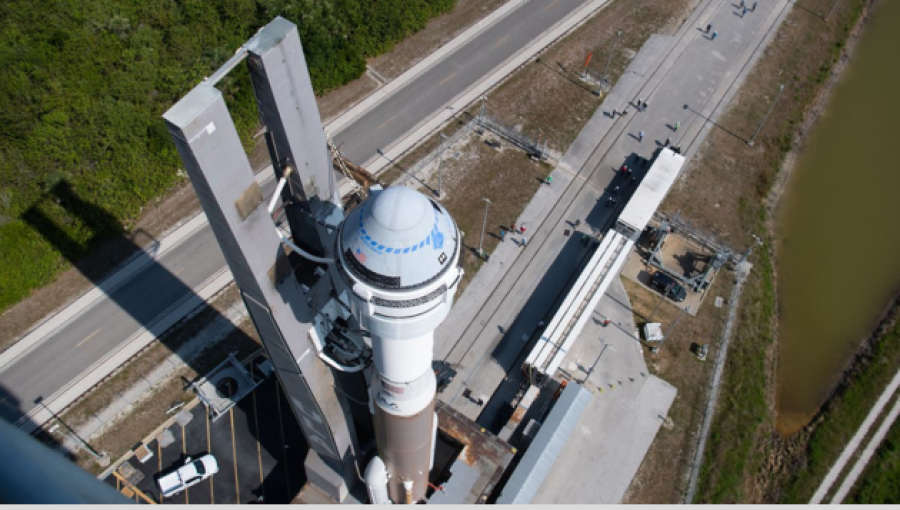
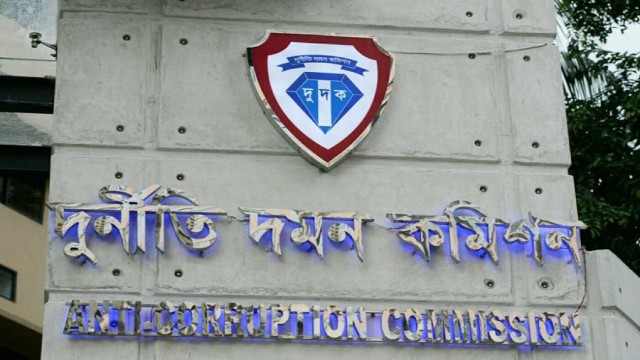
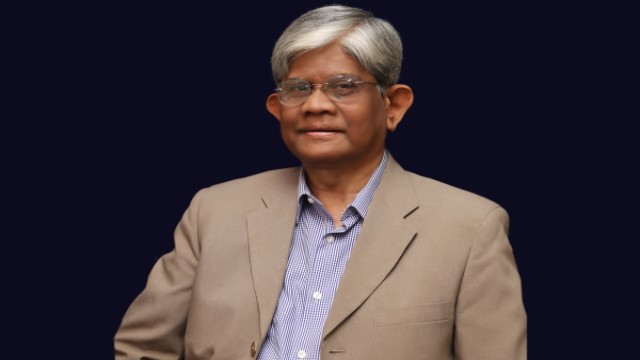

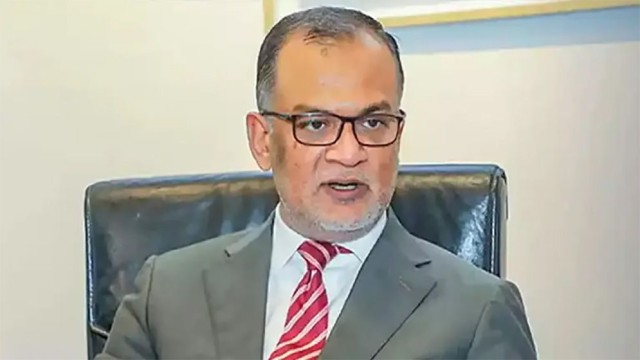














Comment: